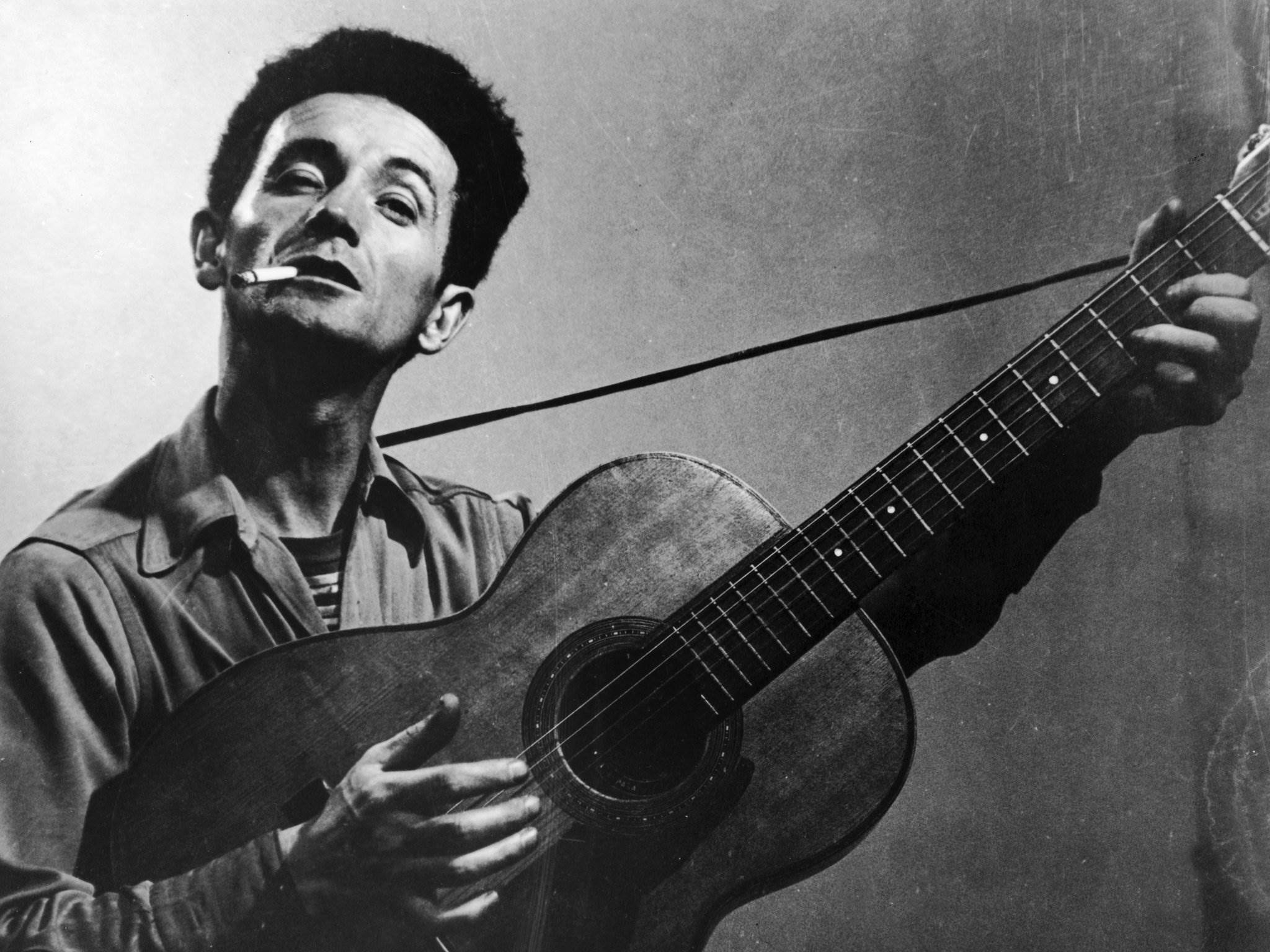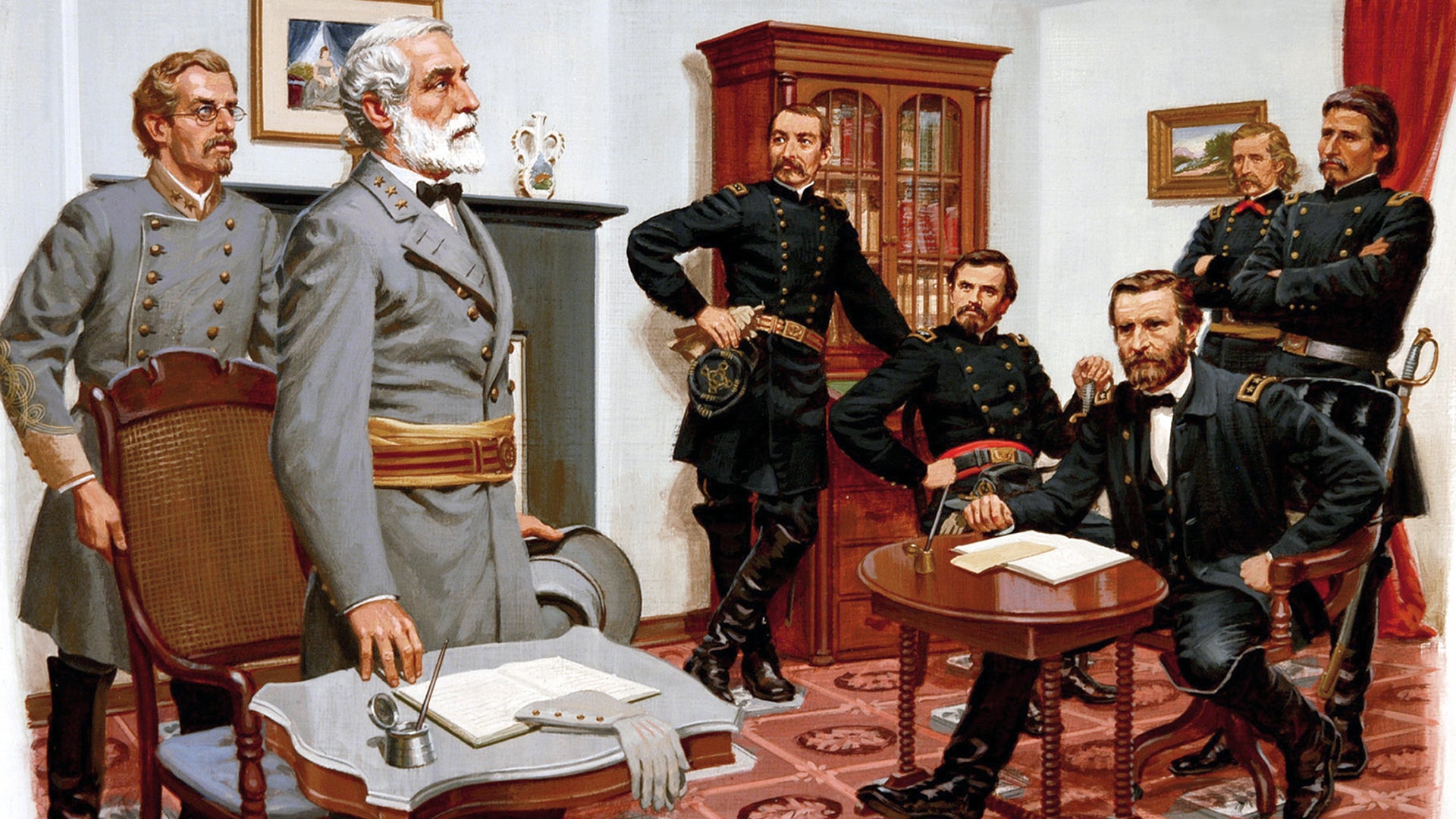
Woody Guthrie is a legendary figure in American folk music, known for his captivating songs and heartfelt lyrics. Born on July 14, 1912, in Okemah, Oklahoma, Guthrie’s influence on the folk music scene is immeasurable. His music not only showcased his immense musical talent, but also served as a powerful tool for social activism and political commentary. Guthrie’s career spanned from the 1930s to the 1950s, and his songs resonated with audiences across the nation. In this article, we will delve into 20 fascinating facts about Woody Guthrie, shedding light on his life, his music, and his lasting impact on the American music landscape.
Key Takeaways:
- Woody Guthrie’s music and lyrics captured the spirit of the Great Depression, addressing social issues like poverty and workers’ rights. His iconic song “This Land Is Your Land” continues to inspire unity and equality.
- Guthrie’s enduring legacy lives on through his powerful influence on protest movements, his commitment to social justice, and his ability to capture the essence of the American experience through his music.
The Life and Music of Woody Guthrie
Woody Guthrie was an influential American folk singer, songwriter, and activist. Born in 1912 in Okemah, Oklahoma, Guthrie’s music and lyrics captured the spirit of the Great Depression and resonated with social issues. Let’s dive into 20 fascinating facts about the legendary Woody Guthrie.
Growing Up in Okemah, Oklahoma
Guthrie’s childhood was marked by the hardships of the Dust Bowl era. He witnessed the devastation caused by drought and economic struggles. These formative experiences would later shape his music.
A Wanderer’s Spirit
Guthrie had a restless spirit and a strong desire to explore. Throughout his life, he traveled extensively across the United States, soaking in the rich cultural diversity of the country and drawing inspiration for his music.
A Passion for Social Justice
Guthrie’s songs often addressed social issues such as poverty, racism, and workers’ rights. He believed in the power of music as a tool for social change and used his platform to shed light on societal injustices.
The Iconic This Land Is Your Land
This Land Is Your Land, one of Guthrie’s most famous songs, has become an unofficial anthem of the United States. With its powerful message of unity and equality, the song continues to inspire generations.
Friendship with Pete Seeger
Guthrie had a close friendship with fellow folk musician Pete Seeger. Together, they performed and advocated for causes such as labor rights and environmental conservation.
Influence on Bob Dylan
Guthrie’s music had a profound impact on a young Bob Dylan. Dylan later became a prominent figure in the folk and protest music scene, and he credits Guthrie as one of his greatest influences.
The Guthrie Family Legacy
Guthrie’s son Arlo Guthrie also pursued a successful career in folk music. Arlo’s iconic song “Alice’s Restaurant Massacree” became a counterculture anthem in the 1960s.
Struggles with Huntington’s Disease
Guthrie battled Huntington’s disease, a degenerative neurological disorder, in the later years of his life. Despite his declining health, he continued to write and perform until his passing.
The Mermaid Avenue Project
In the late 1990s, a project called Mermaid Avenue brought together contemporary artists to record previously unreleased Guthrie songs. The project introduced Guthrie’s music to a new generation of listeners.
A Collection of Writings
Guthrie’s writings, including his autobiographical novel “Bound for Glory,” offer insight into his life and activism. They showcase his unique storytelling ability and passion for expressing his views through various artistic mediums.
Vocal and Guitar Style
Guthrie’s distinct vocal style, characterized by its raw emotion and heartfelt delivery, added authenticity to his folk songs. His guitar playing, often accompanied by political and social commentary, further enhanced the impact of his music.
The Dust Bowl Ballads
Guthrie’s album “Dust Bowl Ballads” remains a timeless collection of songs that vividly depict the struggles and hardships faced by those affected by the Dust Bowl during the Great Depression.
Inspiration for Music Protests
Guthrie’s ability to use music as a form of protest influenced future generations of musicians. Artists such as Joan Baez and Billy Bragg were inspired by Guthrie’s dedication to using music as a tool for social change.
Supporter of Labor Movements
Guthrie was a vocal supporter of labor movements and worker’s rights. His songs, such as “Union Maid” and “Deportee (Plane Wreck at Los Gatos),” highlighted the struggles and sacrifices made by workers across America.
The Power of Collaboration
Guthrie collaborated with many artists throughout his career, including Lead Belly and Cisco Houston. These collaborations helped spread his message of social justice and amplified the impact of his music.
Declared an American “National Treasure”
In 2000, Woody Guthrie was posthumously awarded a special recognition by the United States government and declared an American “National Treasure.” This honor recognized his immense contribution to American culture and music.
Influence on Protest Movements
Guthrie’s music resonated deeply with various protest movements, including the civil rights movement and anti-war protests. His songs provided a voice for those fighting against injustice, inspiring hope and unity.
The Woody Guthrie Center
The Woody Guthrie Center, located in Tulsa, Oklahoma, is dedicated to celebrating Guthrie’s life and preserving his legacy. It serves as a museum, educational center, and performance space, highlighting Guthrie’s impact on American music and activism.
Enduring Legacy
Woody Guthrie’s legacy lives on, as his music continues to inspire and influence generations of musicians. His commitment to social justice and his ability to capture the essence of the American experience through his music ensure that he will be remembered and celebrated for years to come.
Conclusion
In conclusion, Woody Guthrie was an influential figure in American folk music and his impact continues to resonate today. Through his music, he brought attention to social and political issues, telling the stories of the working class and marginalized communities. Guthrie’s legacy lives on through his iconic songs, which have been covered by countless artists and have inspired generations of musicians.His music transcends time, reminding us of the power of storytelling and the importance of speaking up for what is right. Guthrie’s ability to connect with people through his lyrics and melodies is a testament to his talent and his lasting influence on the folk music genre.As we reflect on the life and career of Woody Guthrie, we are reminded of the power of music to inspire change and unite communities. His songs continue to serve as a reminder that we, as individuals, have the ability to make a difference in the world around us. Woody Guthrie’s music will forever be a symbol of hope, activism, and the spirit of the American people.
FAQs
Q: When was Woody Guthrie born?
A: Woody Guthrie was born on July 14, 1912.
Q: Where was Woody Guthrie from?
A: Woody Guthrie was born in Okemah, Oklahoma, and spent much of his life traveling and performing across the United States.
Q: What is Woody Guthrie best known for?
A: Woody Guthrie is best known for his contributions to American folk music, particularly his iconic songs such as “This Land Is Your Land” and “Bound for Glory.”
Q: Did Woody Guthrie write all of his songs?
A: While Woody Guthrie wrote many of his own songs, he also adapted and reworked traditional folk tunes, incorporating his own lyrics and style.
Q: Did Woody Guthrie have any political affiliations?
A: Woody Guthrie was associated with left-wing politics and was a vocal advocate for labor rights and social justice.
Q: How did Woody Guthrie’s music influence future generations?
A: Woody Guthrie’s music inspired countless folk musicians and activists, and his songs continue to be covered and performed by artists around the world.
Q: What legacy did Woody Guthrie leave behind?
A: Woody Guthrie’s legacy includes his significant contribution to American folk music, his impact on social and political movements, and his ability to bridge divides through his music.
Q: Where can I listen to Woody Guthrie’s music?
A: Woody Guthrie’s music is widely available on various streaming platforms, as well as through his extensive discography of albums and recordings.
Woody Guthrie's enduring legacy continues to inspire generations of musicians and activists. His son, Arlo Guthrie, carried on the family tradition of using music as a vehicle for social change. Arlo's own career is filled with remarkable moments and surprising facts that shed light on his father's influence and the power of music to unite people. For those eager to learn more about this talented family, exploring the lesser-known aspects of Arlo Guthrie's life is an enlightening next step.
Was this page helpful?
Our commitment to delivering trustworthy and engaging content is at the heart of what we do. Each fact on our site is contributed by real users like you, bringing a wealth of diverse insights and information. To ensure the highest standards of accuracy and reliability, our dedicated editors meticulously review each submission. This process guarantees that the facts we share are not only fascinating but also credible. Trust in our commitment to quality and authenticity as you explore and learn with us.


